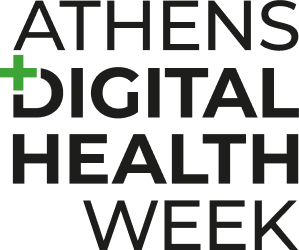FemTech Breakfast Meeting
Organised by HL7 Europe HTAi, EUPHA Global Health, and EFMI
The term “femtech” was coined in 2016 by Ida Tin, a Danish entrepreneur and the co-founder of the women’s menstruation tracking app, Clue. Today the term “femtech” -or “female technology” refers to products and services that enable digital health to respond to the rising awareness of specific unmet needs of women’s health. Femtech promotes digital health technology including technology-enabled software, diagnostics, products, and services that appeal to women, effectively contributing to the management of women-only health issues.
According to Fortune Business Insights, the global Femtech market size was valued at USD 5.79 billion in 2022. The market is projected to grow from USD 6.69 billion in 2023 to USD 20.59 billion by 2030, exhibiting a CAGR of 17.4% during the forecast period.
Digital health arguably can advance empowerment through information, improving timely access to quality health and health care. However, gender imbalance and stereotypes frequently creep into digital health app design leading to barriers to access and exclusion, for significant parts of the population. Therefore, Femtech attempts to highlight and respond to the historical and systemic exclusion of women’s health needs in the healthcare industry.
In this breakfast meeting, we plan to share stories and ideas on how Femtech innovation can lead to supportive digital health interventions, breaking down silos, lowering barriers, and improving access to health and care. Indicative questions to address include how we rate a digital health app from a Femtech perspective, what are safety measures and characteristics we look for trust and privacy, aspects of evaluating such technologies and mechanisms of incorporating them in standard care to contribute to individual wellbeing and system-level resilience.
An overarching aim will also be to see how we can all work together across sectors, professions, and disciplines to bridge some of the gaps that digital health inadvertently creates and to address the inequalities it may potentially exacerbate.


